British Foreign Secretary Liz Truss won the ruling Conservative Party's leadership contest Monday and will replace Boris Johnson as the country's new prime minister.
In the runoff, Truss, 47, beat former Chancellor of the Exchequer Rishi Sunak by winning approximately 57.4 percent of the Conservative Party members' vote, Graham Brady, chair of the party's backbench 1922 Committee, announced Monday.
The voting took place a month after Johnson was forced to step down following an avalanche of ministerial resignations over his scandal-plagued leadership.
The formal handover is scheduled for Tuesday after Truss and Johnson meet Queen Elizabeth II, who is staying at her Balmoral estate in Scotland.
Truss will be Britain's third female prime minister after Margaret Thatcher and Theresa May. She faces the immediate tasks of tackling the worsening cost-of-living crisis and handling a Brexit arrangement about Northern Ireland to avoid antagonizing the EU.
"I will deliver a bold plan to cut taxes and grow our economy. I will deliver on the energy crisis, dealing with people's energy bills, but also dealing with the long-term issues we have on energy supply," she said in her victory speech after the result was announced.
Though congratulating on Truss's win, leader of the main opposition Labour Party Keir Starmer said in his tweets," After 12 years of the Tories all we have to show for it is low wages, high prices, and a Tory cost of living crisis. Only Labour can deliver the fresh start our country needs."
COST-OF-LIVING CRISIS
Since the winter of 2021, Britain's inflation has kept rising and successively hit new highs. Official data showed the Consumer Prices Index rose by 10.1 percent in July, far above the 2-percent target set by the Bank of England.
The central bank projected last month that higher energy prices would push Britain's inflation to 13 percent in the fourth quarter of the year and inflation is likely to remain at very elevated levels throughout much of 2023.
The country's energy regulator said in late August that the energy price cap will rise by 80 percent to 3,549 pounds (about 4,077 U.S. dollars) per year for an average household from October.
As millions of people in Britain face the prospect of escalating bills, Keith Baker, a research fellow in fuel poverty and energy policy at Glasgow Caledonian University, told Xinhua that the country could face its worst peacetime crisis since the General Strike of 1926. There has been a summer of disruption amid strikes by railway and airlines workers, and unions across sectors are threatening "waves of industrial action" in the coming weeks.
"We are now into really quite scary, unknown territory. We don't know how much mortgage rates will go up, we don't know how much food prices will go up, but we are seeing a trend that is certainly heading in that direction, and there's no sign of it changing. In fact, there's every sign it's going to get worse," said Baker.
Stuart Wilks-Heeg, a political expert at the University of Liverpool, told Xinhua that Truss as prime minister will probably face "the biggest set of policy challenges any prime minister has faced since at least the 1970s."
Truss has campaigned to cut taxes, deregulation and prioritize economic growth, but experts doubt that these will be effective enough, given the severity of the situation. The Bank of England forecast last month that Britain will enter a five-quarter recession beginning in the final three months of 2022.
"She's coming into a context which is almost unprecedented in modern British politics. It's an extremely challenging situation. She hasn't shown to me that she's got the answers to the problems that we face," Wilks-Heeg said.
Wilks-Heeg added that the leadership race took up too much time that could have been used to alleviate the situation.
"We've wasted a lot of time, so nothing has really happened over the summer to mitigate rising energy costs. The crisis will be looming even more urgently because we're getting closer and closer to the winter. People's fuel bills will already be going up, (while) inflation continues to rise," he noted.
NORTHERN IRELAND PROTOCOL
A dispute over the Northern Ireland Protocol -- the rules governing post-Brexit trading arrangements for Northern Ireland -- has strained Britain's relations with the EU, stoking worries of a trade war if Truss presses ahead with her controversial bill to rewrite the protocol.
The Northern Ireland Protocol is a trade solution agreed by London and Brussels to prevent a hard border between Northern Ireland and the neighboring Republic of Ireland following Brexit.
Under the protocol, Northern Ireland is part of British customs territory but is subject to the EU's customs code, value-added tax (VAT) rules and single market rules for goods. However, a de facto Irish Sea border was thus created between the British mainland and Northern Ireland, meaning goods transported to and from Northern Ireland are subject to border controls.
Northern Ireland's pro-Brexit Democratic Unionist Party has demanded the removal or replacement of the protocol as a precondition for it to sit in the assembly and form a devolved government.
The EU warned Truss last week that they will not participate in talks with Britain over reforms to the Northern Ireland Protocol unless she takes the bill off the table. However, she is reportedly planning to override the protocol even before the bill passes through British parliament by activating Article 16, the agreement's emergency mechanism, when she becomes prime minister.
PREMIERSHIP PROSPECT
These daunting challenges, if not properly tackled, could torpedo Truss's premiership, some experts cautioned.
"More broadly, the country is in a very difficult situation. It's not just the energy crisis. Almost every public service is struggling. There are strikes in all kinds of industries. The potential for this to overwhelm Liz Truss is very clear," Wilks-Heeg said.
Wilks-Heeg added that Johnson might attempt to make a comeback should Truss's leadership go wrong.
"He (Johnson) could well be successful in that, given the lack of obvious other contenders and given his obvious continuing popularity within the party," he said.
However, Professor Iain Begg from the London School of Economics and Political Science believed the likelihood of Truss being ousted before the next general election in 2024 is low.
"I've seen suggestions that she might face a very rapid leadership challenge. I rather doubt it. I don't think the Conservative Party wants to go through another convulsion, knowing how close they are to a general election. So she's probably safe until the general election," Begg said.
The main opposition Labour Party widened its lead in opinion polls over the Conservative Party as a summer of infighting caused damage to the Tories.
Begg added that Truss might be tempted to call an earlier general election if she gets a poll bounce after taking over.
"But it's a perilous thing to do, as Theresa May found to her cost in 2017. She started off with a huge polling majority, and then she squandered it by ill-advised policies, but also by a lackluster campaign," he said.










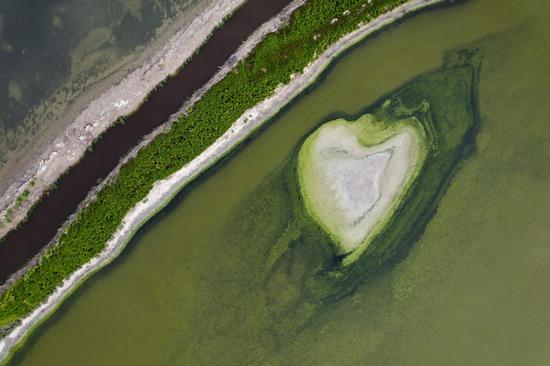
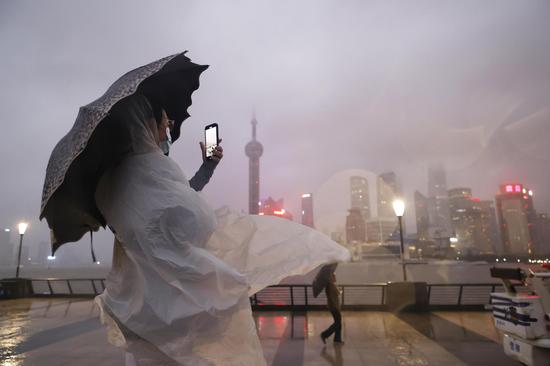










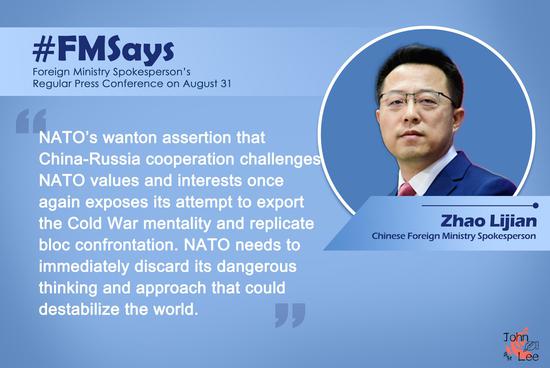
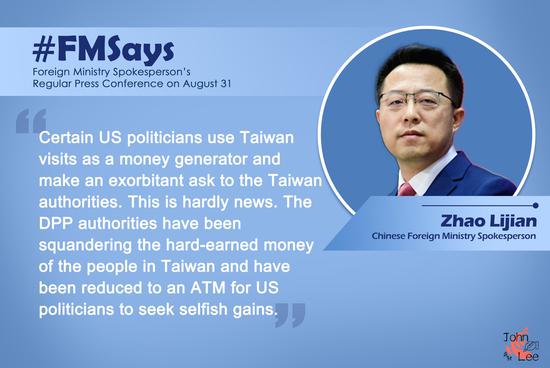
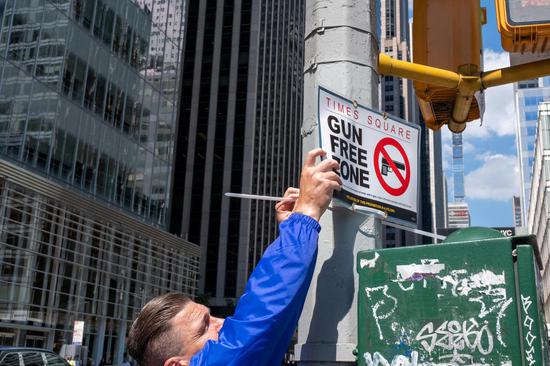


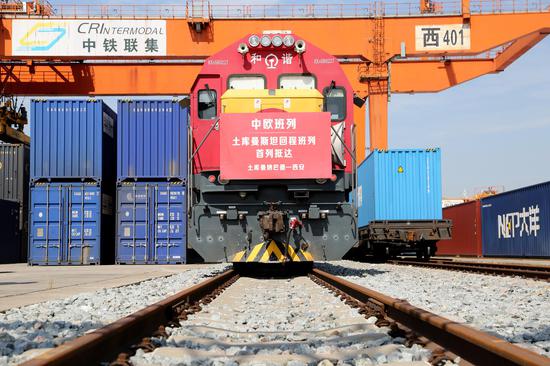
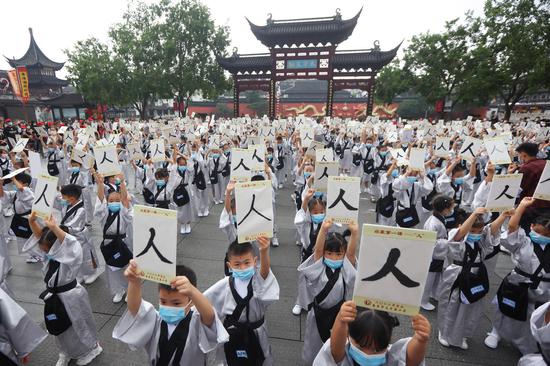

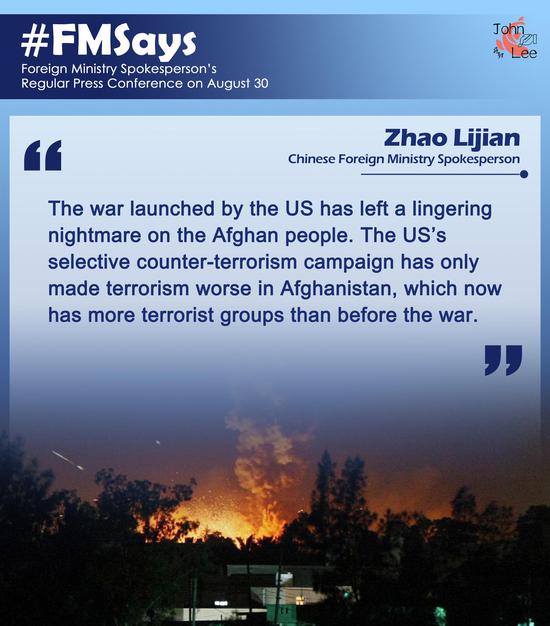
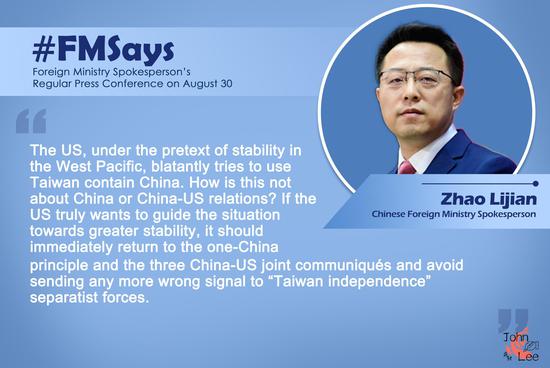
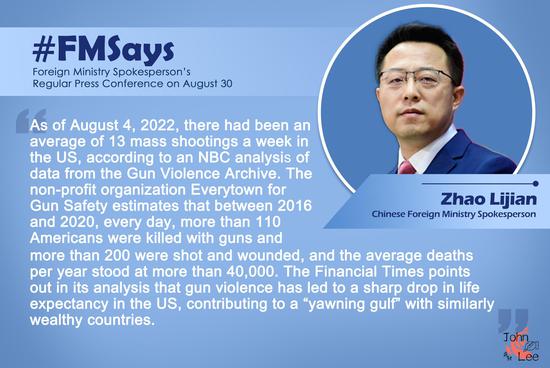
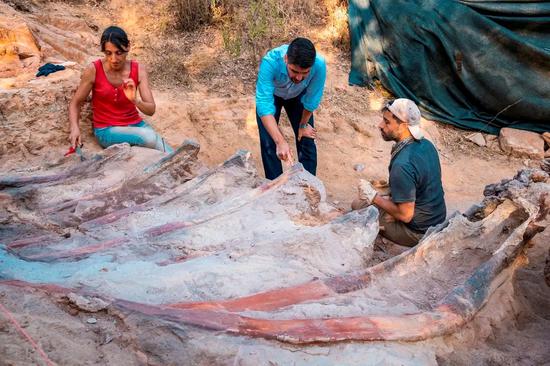

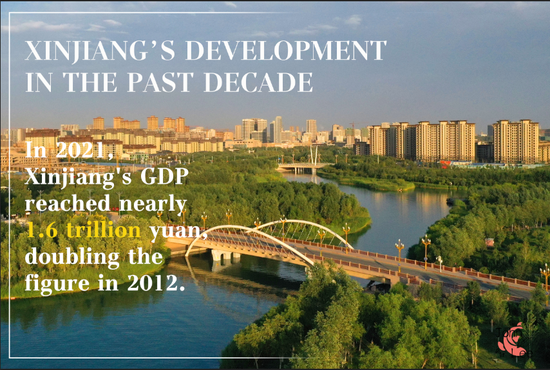
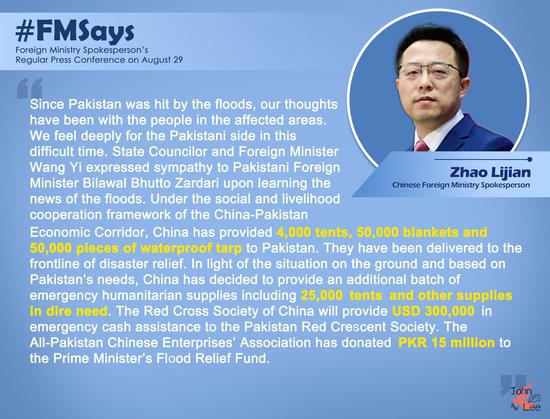
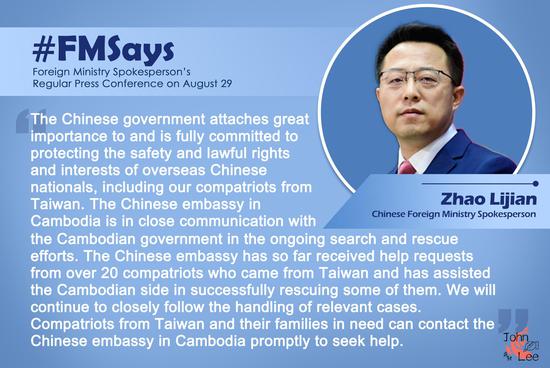




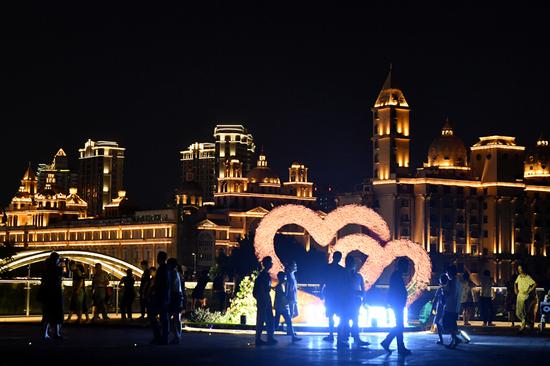

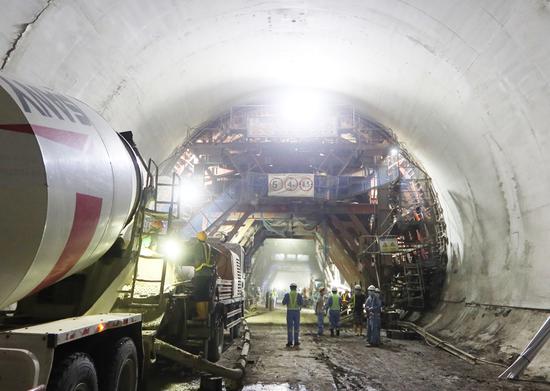





 京公网安备 11010202009201号
京公网安备 11010202009201号